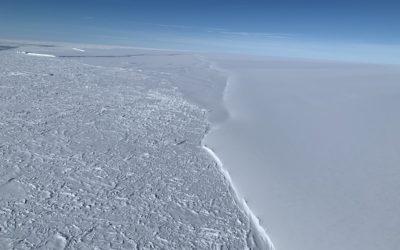
Towards Net Zero Carbon
Our strategy and work streams to meet Net Zero goals
At British Antarctic Survey we are committed to delivering fundamental scientific evidence to underpin strategy decisions to reduce and mitigate carbon emissions, starting with all those from our owned operations. This programme of work brings together a series of projects and activities that will transform our organisation and aims to help us and others to achieve Net Zero Carbon by 2040.

Our strategy and work streams to meet Net Zero goals
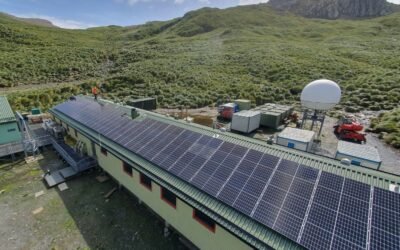
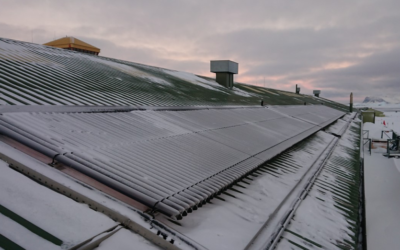
Over the past 15 years we have been introducing renewable energy to buildings across the station in the form of solar thermal and solar photovoltaics (PV).
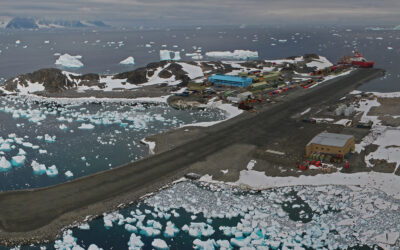
Enabling frontier science
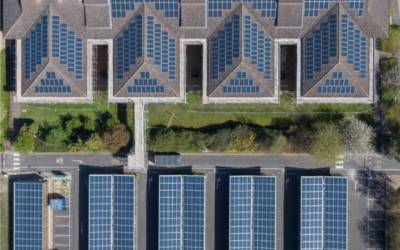
We are working on a raft of measures to reduce our carbon emissions at our Cambridge Headquarters, including installation of solar panels on the car park and roofs of buildings, and adding insulation to our Logistics building.
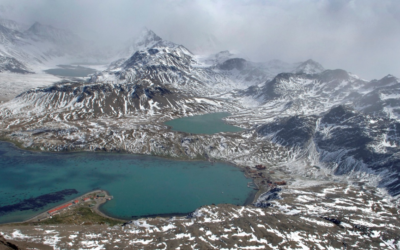
King Edward Point Research Station already meets 80% of its energy demands in electricity and heating by an existing hydropower system. Read more about our plans to decarbonise King Edward Point.
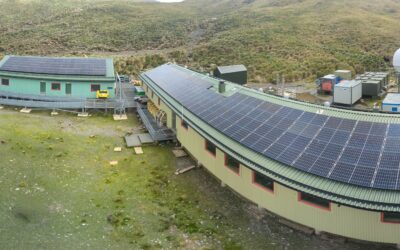
In order to decarbonise our remote Bird Island Research Station on the sub-Antarctic Island of South Georgia we will be installing a solar photovoltaic and energy storage system.
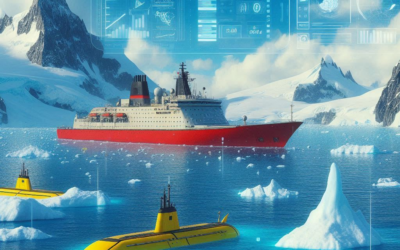
AMOP is developing Artificial Intelligence methods that aim to optimise the efficiency of Antarctic field operations, while maximising science delivery

Addressing the challenge to decrease our carbon budget and live and work more sustainably
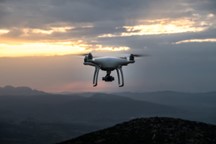
This community scoping report is part of NERC’s response to the challenge of achieving Net Zero by 2040 while maintaining and developing its airborne science capabilities. These capabilities are essential to inform decision-makers with relevant and reliable environmental evidence and to drive forward the frontiers of science.